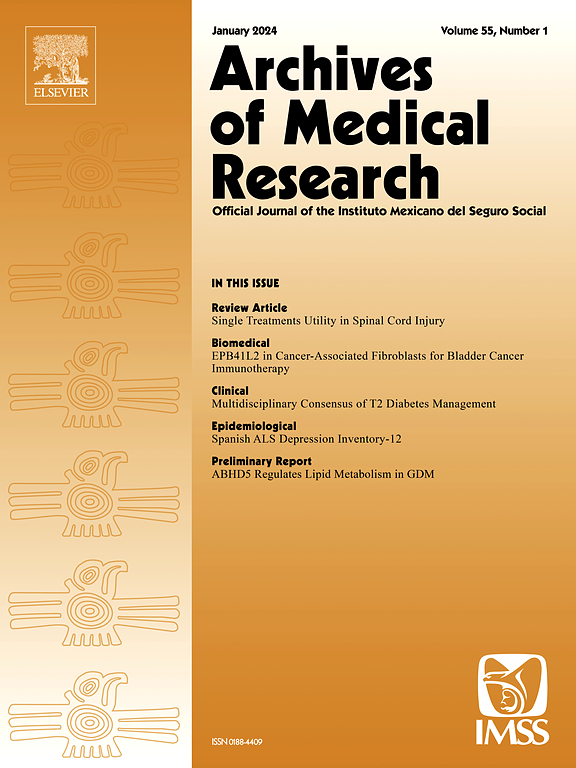自然危机时期的健康
IF 3.4
3区 医学
Q1 MEDICINE, RESEARCH & EXPERIMENTAL
引用次数: 0
摘要
由于气候变化和生物多样性丧失等人类活动驱动的全球变化,人类健康面临重大挑战。这些现象可以单独或共同影响生活质量。联合国环境规划署将这些变化称为“自然危机”,因为它们影响了人类生活的各个方面。在这方面,健康问题可分为自然危机的直接或间接影响。直接影响:i.温度变化:热浪正在迅速增加死亡率。2。水文气象灾害:洪水会损害水质,造成健康风险。3。空气污染:气候变化会增加污染物的流动性,使空气质量恶化。间接影响:i.病媒传播的疾病:例如,天气模式的变化可以改变蚊子等病媒的分布,从而影响疾病的传播。2。水媒疾病:随着水质恶化,腹泻病的发病率会增加。3。食源性疾病:例如,气候变化会增加农产品中的病原体,构成健康风险。对健康的影响因区域而异,弱势群体的适应能力往往较低。必须在全球和地方调整卫生政策,以解决这些问题,强调保护风险最大的群体。卫生和环境部门之间的合作对于解决这些日益严重的问题至关重要。然而,当前的适应政策不断受到自然危机的挑战。因此,人类必须加紧努力,减缓气候变化,减少土地利用变化,以保护生物多样性。本文章由计算机程序翻译,如有差异,请以英文原文为准。
Health in the Time of Nature Crisis
Human health faces significant challenges due to global changes driven by human activities, such as climate change and biodiversity loss. These phenomena can impact the quality of life both independently and together. The United Nations Environmental Program has labeled these changes as a “nature crisis” because they affect various aspects of human life. In this context, health issues can be categorized as direct or indirect effects of the nature crisis. Direct effects: i. Temperature change: Heat waves are rapidly increasing mortality rates. ii. Hydrometeorological hazards: Floods can compromise water quality, creating health risks. iii. Air pollution: Climate change can increase the mobility of pollutants, worsening air quality. Indirect effects: i. Vector-borne diseases: For example, changes in weather patterns can alter the distribution of vectors, such as mosquitoes, affecting disease transmission. ii. Water-borne diseases: Increased incidence of diarrheal diseases can occur as water quality deteriorates. iii. Food-borne diseases: For instance, climate change can increase pathogens in agricultural products, posing health risks. Health impacts vary by regions, and vulnerable populations often have lower adaptive capacities. Health policies must be tailored globally and locally to address these issues, emphasizing protection for the most at-risk groups. Collaboration between the health and environmental sectors is essential to solve these growing problems. However, current adaptation policies are constantly challenged by the nature crisis. Therefore, humanity must intensify its efforts to mitigate climate change and reduce land use changes to preserve biodiversity.
求助全文
通过发布文献求助,成功后即可免费获取论文全文。
去求助
来源期刊

Archives of Medical Research
医学-医学:研究与实验
CiteScore
12.50
自引率
0.00%
发文量
84
审稿时长
28 days
期刊介绍:
Archives of Medical Research serves as a platform for publishing original peer-reviewed medical research, aiming to bridge gaps created by medical specialization. The journal covers three main categories - biomedical, clinical, and epidemiological contributions, along with review articles and preliminary communications. With an international scope, it presents the study of diseases from diverse perspectives, offering the medical community original investigations ranging from molecular biology to clinical epidemiology in a single publication.
 求助内容:
求助内容: 应助结果提醒方式:
应助结果提醒方式:


